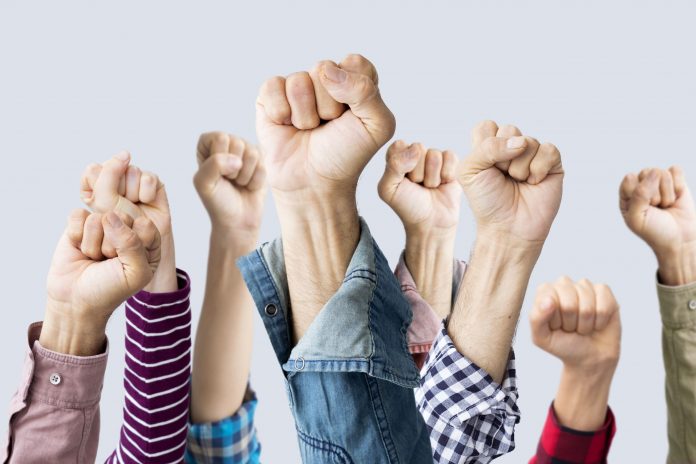Famed Economist Thomas Sowell has long remarked that “Socialism in general has a record of failure so blatant that only an intellectual could ignore or evade it.” He might need to add Millennials to this paltry list.
A recent Bloomberg opinion column by Andreas Kluth argues that the economic hardships stemming from the Covid-19 pandemic are “turning Millennials into socialists.” Arguing that younger generations “keep getting shafted by our country’s existing policies,” Kluth fears Millennials have inadvertently fallen “prey to political snake oil such as rent controls or wealth taxes” and are calling for more government control into our lives.
Kluth makes some valid points. Born between the 1980s and mid-1990s, Millennials have endured the 2008 financial crisis, skyrocketing costs to attend college, and high-priced but often low-quality healthcare. Consequently, they are underemployed, saddled with excessive student-loan debt, and have suffered setbacks for many life’s milestones (including buying homes and getting married).
Millennials have expressed sympathy for socialism before. A Pew Research Center survey found that younger Americans expressed near equally positive views of socialism as they did for capitalism. Similarly, Gallup polls conducted in 2019 and 2015 found younger respondents were very willing to vote for a socialist for U.S. president.
With Millennials currently experiencing the second significant economic downturn in their lifetime, the Covid-19 pandemic could be the tipping point for a financially strapped and frustrated generation to support radical political changes.
To avoid a socialist future, Kluth insists that we must “offer more pragmatic, but still sufficiently bold, alternatives.” The alternatives he mentions include pension reform, simplifying the tax code, broadening access to healthcare, and considering universal basic income as a replacement for the welfare state.
Could these policy changes persuade Millennials to consider alternatives to more government power? Perhaps. But policy reform only reinforces the belief that the government can provide solutions to pressing economic and social issues. If the pandemic has taught us anything, it is that we should trust the government less.
Before the pandemic reached the United States, a variety of regulatory barriers restricted laboratories and test developers from creating and offering Covid-19 tests. Even when evidence of community spread emerged in Washington State, state agencies ordered labs not to test for Covid-19 without approval from the Food and Drug Administration and Centers for Disease Control and Prevention. Consequently, only around 1,200 patients had been tested for Covid-19 two months after the first confirmed case was reported.
Government mismanagement continued as Covid-19 cases and fatalities swept through the country. As hospital workers struggled to obtain enough personal protective equipment to avoid becoming infected, the U.S. government sent 1.5 million respirator masks to the Transportation Security Administration. The government later sent a naval hospital boat to New York City to relieve hospitals overwhelmed with Covid-19 patients. The vessel left a month later after treating fewer than 200 patients.
Government-led efforts to provide patients with Covid-19 treatment have also fared poorly. In May, drug producer Gilead Sciences donated 1.5 million doses of its drug remdesivir, which helps patients recover from the virus, to the federal government to distribute to hospitals. Unfortunately, the state-managed distribution of remdesivir continues to leave many hospitals without treatment options for patients. President Trump’s efforts to establish a public-private partnership to develop and distribute a Covid-19 vaccine by January 2021 has also provided little reason for optimism.
Until Millennials have good reasons to be skeptical of handing government more power, they will be tempted to vote for it. I can’t think of a better reason to be suspicious of granting government more power than its blatant and repeated failures to address the pandemic.
